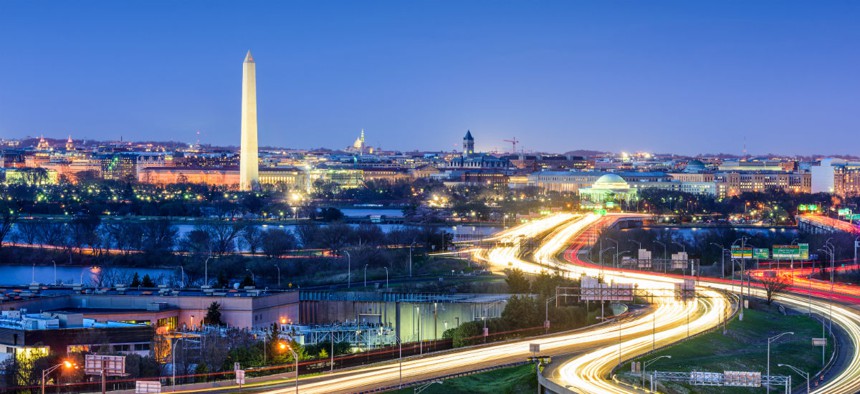Poll: Government Corruption Seen as Rising, Especially at White House
Transparency group finds that the public views Washington as more corrupt than business.
Six out of 10 Americans say that the level of corruption in society has worsened in the past year, up from one third a year ago, according to a nationwide poll released on Tuesday by the nonprofit Transparency International.
Forty-four percent of Americans believe that corruption is pervasive in the White House, up from 36 percent in 2016, pollsters found after analyzing computer assisted interviewing of a random group of 1,005 adult respondents in October and November. Data were weighted to be demographically representative of all U.S. adults by age, gender, social grade, region, rural/urban area and ethnicity, the group said.
Choosing from nine influential groups in government, business and religion, respondents picked the Office of the President as the most corrupt, at 44 percent. Government institutions such as Congress and agency officials only fared slightly better than the White House. Nearly a third of respondents said that “most or all” business leaders are corrupt. The least corrupt group, respondents said, is judges, with only 16 percent thinking of them as corrupt.
Transparency International defined corruption as “the abuse of entrusted power for private gain.” The key issues it identified included the influence of wealthy individuals over government; “pay to play” politics; the revolving doors between elected government office, for-profit companies and professional associations; and the “abuse of the U.S. financial system by corrupt foreign kleptocrats and local elites.”
The group noted that President Trump “was elected on a promise of cleaning up American politics and making government work better for those who feel their interests have been neglected by political elites.”
The poll found nearly seven in 10 believe the government is failing to fight corruption, up from half last year. And 55 percent cited a fear of retaliation as a reason for not reporting corruption, up from 31 percent in 2016.
As solutions, the group advocated greater voter turnout, transparency in political spending, a crackdown on revolving-door hiring, protection of whistleblowers and strengthening the ethics infrastructure by reinforcing the “independence and oversight capabilities of the Office of Government Ethics.”
NEXT STORY: Play of the Day: Trump, Television and Diet Coke








